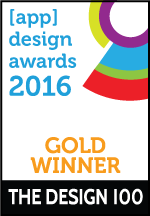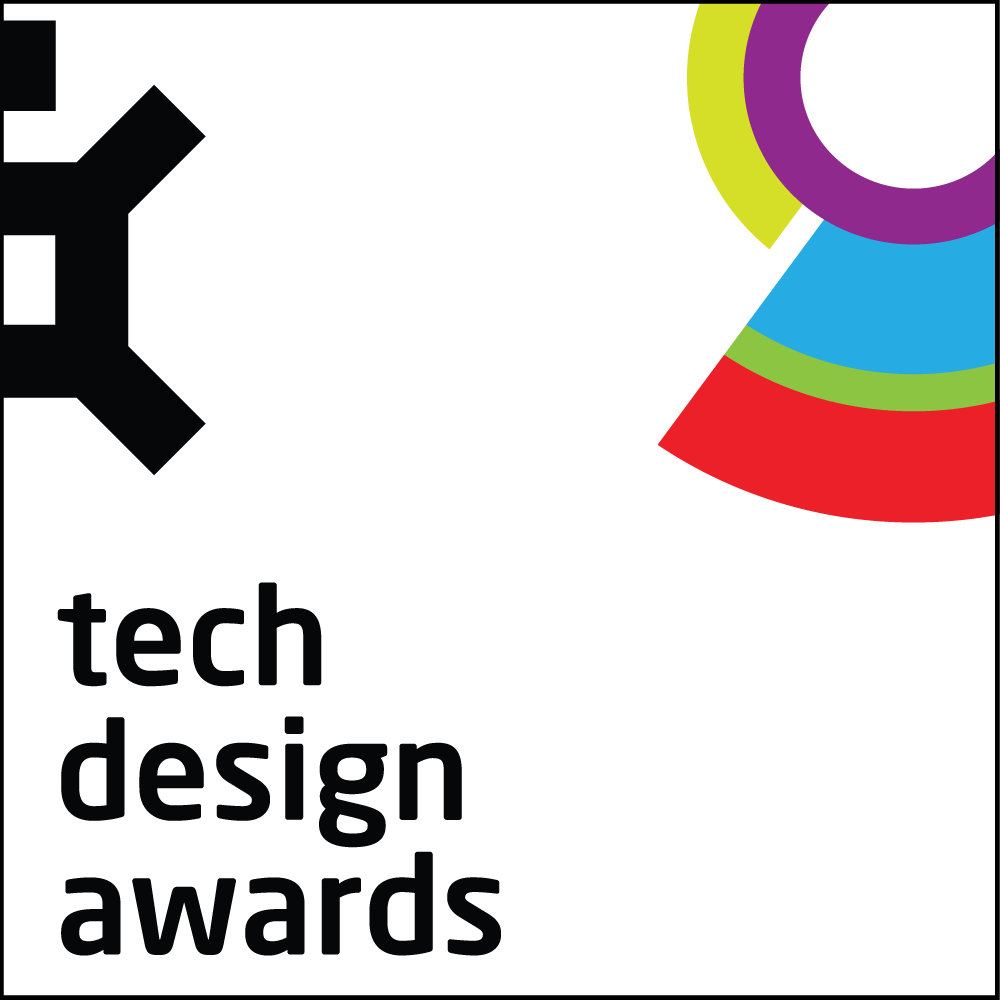









Project Overview
Since the 1960s, the number of Year 12 students studying a second language has dropped from 40 per cent to 12 per cent. The answer was to start with pre-schoolers.
The Australian Government commissioned Millipede to design and create a series of 35 distinct apps - with seven separate lesson apps in each of fie languages - Japanese, Mandarin, Indonesian, Arabic and French - and delivered them over 18 months in both iOS and Android (for a total of 70 apps). A STEM program is next.
A milestone opportunity to fundamentally improve the next generation.
Project Commissioner
Australian Government Department of Education and Training
Project Creator
Team
Millipede
Education Services Australia
Australian Government Department of Education and Training
Project Brief
The Australian Government provided $9.8 million for the Early Learning Languages Australia (ELLA) Programme Trial to test the effectiveness of providing preschool children with early exposure to a language other than English through online learning programmes. This was an election commitment under the Government's Policy for Schools: Students First.
A key requirement of the overall success of the ELLA Trial is the development and release of a series of highly engaging language learning mobile applications suitable for the preschool and long day care centre environment. Education Services Australia (ESA) were asked to manage the ELLA Trial implementation on behalf of the Australian Government Department of Education and Training and this involved putting out a Request for Tender in 2014 to develop a series of seven apps in five languages (Japanese, Chinese, French, Indonesian and Arabic) for the trial. The apps were to be developed for iOS and Android, although the trial is being conducted solely on ipads. DTMillipede were successful in the tender application.
Through participating in the trial, children will have the opportunity to develop recognition of the different sounds and concepts of a foreign language, with the possibility of understanding and reproducing them in a natural medium through play-based learning. The interactive apps must guide children through activities (potentially with several levels), introduce children to words, sentences and songs in foreign languages, and provide them with experience and practice in foreign languages appropriate to their age.
Project Need
Many existing language learning apps are repetitive, rote style learning that do not include cultural references or cater for early childhood specifically.
DTMillipede worked closely with ESA and subject matter experts to develop the learning design for the apps (entitled The Polyglots). The basis for the learning design was incorporating play-based pedagogy familiar to the age group (approx four years of age), specifically the digital play based framework developed by early childhood academic.
A language learning expert ensured that the foreign language used in the apps was suitable for the age and would build within activities, and over the series as a whole.
User Experience
DTMillipede’s approach for each app was to incorporate a light narrative around The Polyglot characters, specifically Talo and Beelee. Talo and Beelee are the children’s guides through the setting of each app, which are all familiar places to preschool children (eg a park, a beach, a zoo). Each app has a key language learning outcome (eg active verbs or greetings). There are four to five activities in each app that reinforce the language in a variety of ways, from open ended play to modelled activities. Music also plays an important role, each app containing a bespoke animation and song that incorporates the key vocabulary.
Language learning in The Polyglots is contextual and the culture relating to the language is presented in a variety of meaningful ways. The iPad functionality has been leveraged ingeniously, such as the use of ‘group presence’ in a virtual egg and spoon race. Opportunities for the children to produce language, as well as listen to it, constitutes a large part of The Polyglots – the target language informs approx 85% of each app’s sound files.
Project Marketing
The trial has been an overwhelmingly positive experience for the preschool children and educators participating, as well as the broader family and communities involved. Educators have reported children repeating the words and phrases of the target language outside of the centres in a range of settings. Families have also recounted anecdotes of language learning use with some families reporting that their preschool child has a better acquisition of language than their primary school age sibling studying the same language.
Quantitative data has been captured also from interaction points being identified within the apps and then analysed. This data indicates that a significant amount of time that children spend using the apps is occupied with them hearing target language.
Preschool children often shared the experience of playing with the apps within pairs or a larger group, making meaning of the apps in a collaborative way. The Polyglots have helped children with learning and behavioural challenges feel confident as they master the activities and the language and become the ‘expert’ within a group. Children who may have English as a second language have also felt valued as a result of the apps being a part of their preschool centre, as their language and culture are recognised as being special.
Children have extended the activities of the apps from the virtual to the material. They have created real life spaceships, drawn the characters, and created cultural meals, such as sushi. Parents and community members who speak the language of the apps have visited the preschools, sharing cultural stories with the children. The apps have sparked children’s inherent curiosity and broadened their sense of identity.
Project Privacy
We have implemented secure logins for all users.
Tags
EdTech
EdTech focuses on how education is changing through technology, changing the way we learn and process knowledge. What will stand out here is those that enhance the learning experience and make a lasting impression.
More Details

